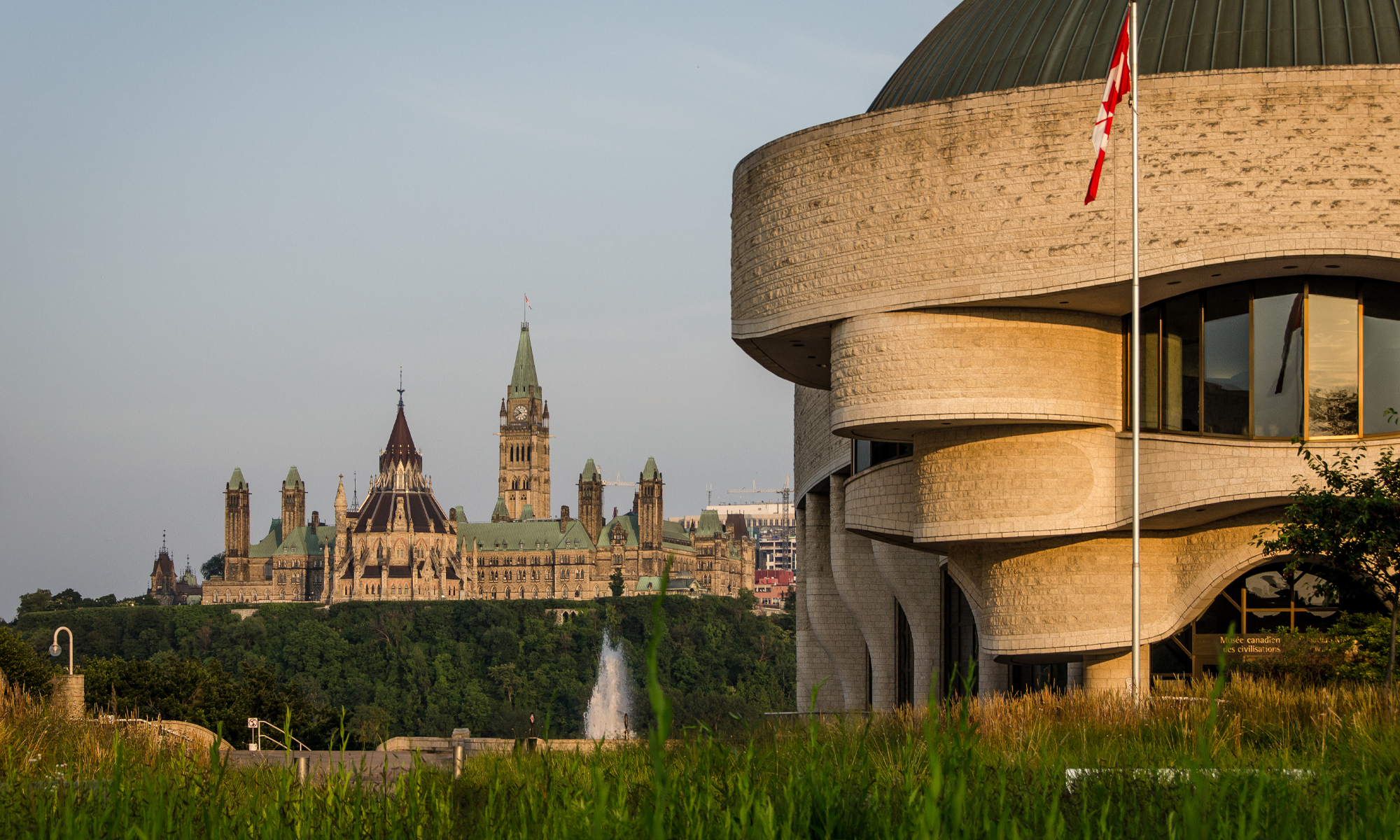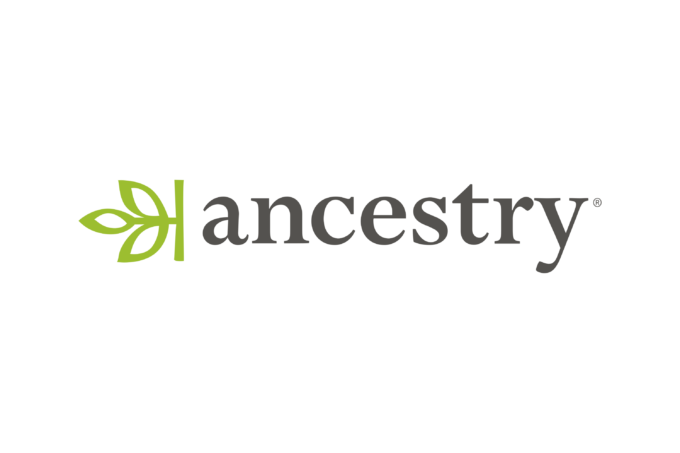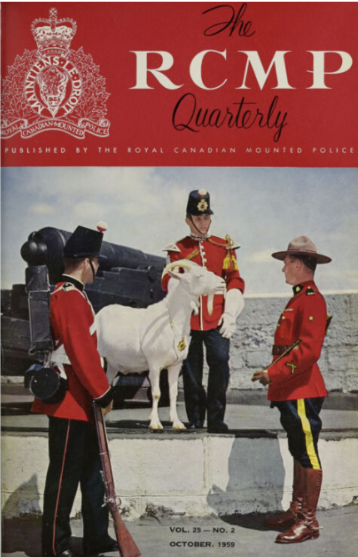Family historians seek out every scrap of evidence to help in understanding our relatives and society. Here’s an underexploited resource.
Canada’s National Registration File of 1940
Data collected in 1940 is a treasure trove, in some respects better than a census, but not as available as it shoud be. Each person interviewed, aged 16 or older by 1946, provided:
Full Name and Permanent Postal Address,
Age (last birthday) and their Date of Birth,
Conjugal Condition,
Types and Numbers of Dependents solely supported by the registrant,
Name of the Country in which they were born, and where each of the registrant’s parents were born,
Nationality, Year of Immigration and of Naturalization
Languages spoken,
Education, Health, and General Physical Condition,
Occupation or Business, including the number of years in that situation.
Farming Experience, several detailed questions including can you milk a cow (Prime Minister King said he could.)
Previous Military Service.
The questions were slightly different for men and women — men were not asked about there skill in basic cookery!
Current Availability
Statistics Canada holds the records for eight million Canadians which were compiled in August 1940 in three days under the authority of The National Resources Mobilization Act and the War Measures Act. Stats Can will release data if certain privacy restrictions are met, but at an hourly research rate of $91.37.
Experience in England and Wales
The UK conducted a similar registration in September 1939. Through a partnership with Findmypast, data from that Register for England and Wales is now available online. It’s at an affordable price and has proved its worth for researchers, genealogists, and history enthusiasts alike.
Protecting Privacy
Privacy can be protected . Canada’s Privacy Act balances privacy with accessibility. It permits disclosure of personal information more than 20 years after death. You don’t need to provide proof of death if the person would be 110 years old. The partners in England and Wales redacted necessary information while making the bulk available for research and analysis.
Why Not in Canada?
Making the National Registration File of 1940 broadly available would open up new avenues for research for family historians. It could shed light on demographic trends, migration patterns, and societal changes during a pivotal period in Canada’s history.
The feasability of making the data available while respecting privacy concerns is already demonstarted in the UK. Why not apply that experience to Canada? Why not release this valuable resource for genealogists, historians, and the general public through a partnership arrangement?
For the government (Stats Can), the contracting company, and the public it could well be a win-win-win.
Our family history societies, and the broader historical community would be meeting their advocacy mandate by lobbying for broad accessibility of Canada’s National Registration File of 1940.



 Ancestry announces the availability of a new database, “Westminster, London, England, Electoral Registers, 1902-1970.” Compiled from City of Westminster Archives Centre files using text recognition, it includes records from the former Metropolitan Boroughs of Marylebone and Paddington.
Ancestry announces the availability of a new database, “Westminster, London, England, Electoral Registers, 1902-1970.” Compiled from City of Westminster Archives Centre files using text recognition, it includes records from the former Metropolitan Boroughs of Marylebone and Paddington. Approximately 200 issues of the Royal Canadian Mounted Police Quarterly (RCMP Quarterly) have been added to the collection at Canadiana.ca.
Approximately 200 issues of the Royal Canadian Mounted Police Quarterly (RCMP Quarterly) have been added to the collection at Canadiana.ca. If you have DNA data with MyHeritage, you likely received a notice that”MyHeritage has just refreshed the data for Theory of Family Relativity™, adding millions of new theories that can help explain your relationship to your DNA Matches.”
If you have DNA data with MyHeritage, you likely received a notice that”MyHeritage has just refreshed the data for Theory of Family Relativity™, adding millions of new theories that can help explain your relationship to your DNA Matches.”